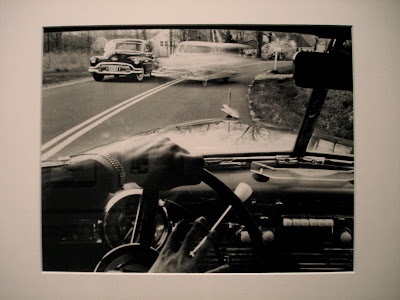

"Man-on-the-Street", Dallas, Texas, December 9, 1941
John Avery Lomax, Interviewer
Edward Crane, Interviewee
John Lomax: This is Mr. Edward Crane talking. And this is John Lomax speaking at the present moment. And here is Mr. Crane before the microphone to ask him as a representative citizen of Dallas if he won't give to the American people his reactions when he heard of the Japanese aggression against this country that happened on the past Sunday morning. Mr. Crane.
Edward Crane: Well, it's difficult for me to express my language in printable language, my thoughts in printable language. When I saw what happened, I admit that while I've never had a very high opinion of the Japanese, their conduct in this particular situation has lowered them even in my estimations of them which was low enough. Frankly, I think there's only one thing for this country to do and that is we ought to realize the fact that we're in a war to the finish.
The issue raised is one where there's no place for compromise. In other words, it's a war to the death. There are two civilizations involved. Both of which cannot exist. Frankly, my view is and I include the Hun or the Germans so-called in what I have to say about the Japanese. That is, we ought to exterminate both of them. There's no place for either of those races in the world today. As I say, it started with, there is no compromise involved.
There are two civilizations or rather a civilization as I call it which represents the American and English viewpoint on one side and the Hun and the Jap on the other. It's going to be a long war, probably run six or ten years, but we ought to realize the fact there can't be any compromise and either one of two solutions is bound to follow. That is that the Hun and the Jap will go down or this country and England will go down. It's unthinkable for one minute to conceive the idea that the Hun and the Jap will prevail.
















